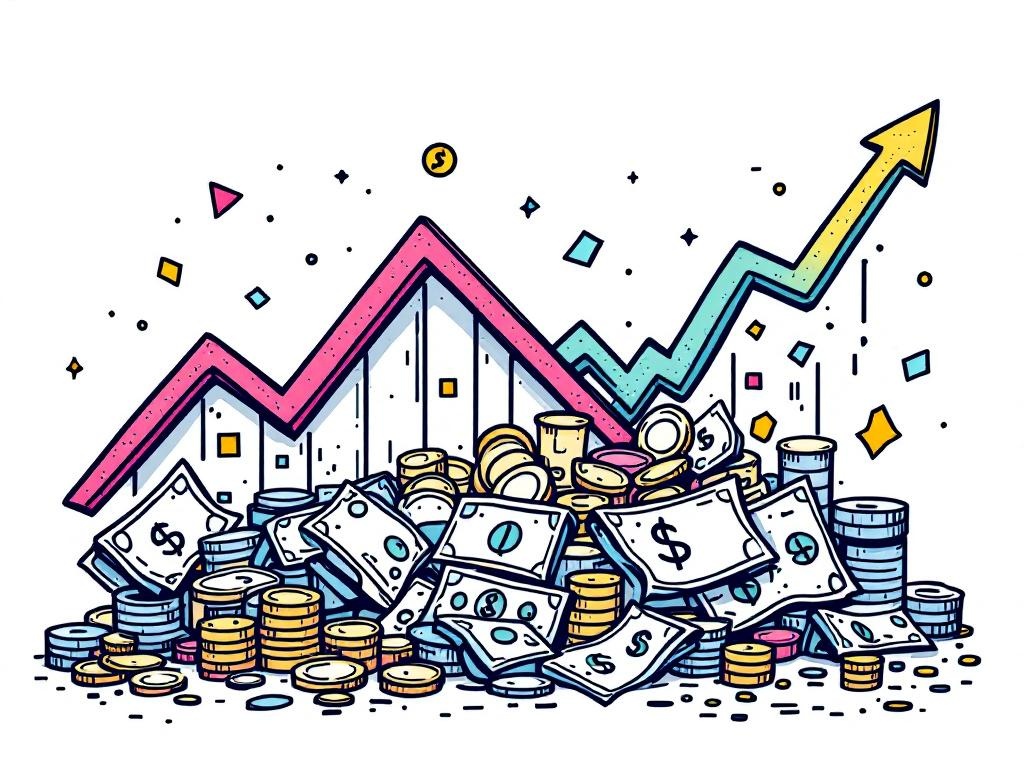Recycled Metal Demand Surge Spurs Sustainability in Manufacturing

Global, Friday, 1 August 2025.
The recycled metal market is set to expand from $2.5 billion to $4.7 billion by 2031 as sustainability mandates, tech advancements, and electric vehicles drive demand.
Driving Forces of Market Growth
The global recycled metal market is projected to grow from $2.5 billion in 2023 to $4.7 billion by 2031, which translates to a CAGR of 8.1% during 2024–2031. This expansion is driven by several key factors, including mandatory sustainability regulations, technological innovations, and the rising popularity of electric vehicles (EVs) [1]. These elements contribute to an increased demand for secondary metals, as industries worldwide emphasize reducing their carbon footprints and enhancing resource efficiency [1][2].
Technological Advancements and Innovations
Recent technological advancements are pivotal in enhancing the efficiency of metal recycling processes. Noteworthy developments include ArcelorMittal’s closed-loop recycling system launched in July 2025, which improves recovery efficiency by 18% [1]. Similarly, Novelis Inc. introduced an aluminum sheet for EV battery enclosures with over 90% recycled content in June 2025, reflecting a significant shift towards sustainable manufacturing practices [1]. In May 2025, Sims Metal Management implemented a blockchain-based traceability platform to ensure transparency and reliability in recycling operations [1].
Mergers and Acquisitions: Strategic Moves
The landscape of the recycled metal market is also being reshaped by strategic mergers and acquisitions. For instance, the June 2025 acquisition by Kuusakoski Group Oy of a scrap collection firm in Eastern Europe fortifies non-ferrous scrap sourcing capabilities [1]. CMC’s May 2025 merger with a U.S.-based ferrous recycler secures consistent feedstock, optimizing recycling throughput [1]. Such consolidation efforts are indicative of a broader industry trend where businesses seek to bolster their procurement and operational efficiencies to meet growing demand [1].
Sustainable Manufacturing and Future Prospects
This growing focus on sustainable manufacturing highlights the pivotal role recycling plays in today’s industrial ecosystem. With initiatives like Nucor Corporation’s announcement to build a net-zero emissions recycled steel plant in Texas, slated to operationalize by late 2026, the commitment to utilizing recycled materials is evident [1]. This facility alone is expected to create over 800 jobs, showcasing the economic benefits intertwined with sustainable practices [1]. As the global marketplace continues to evolve, the recycled metal sector is poised to further influence manufacturing processes and environmental strategies in the coming years [1][2].